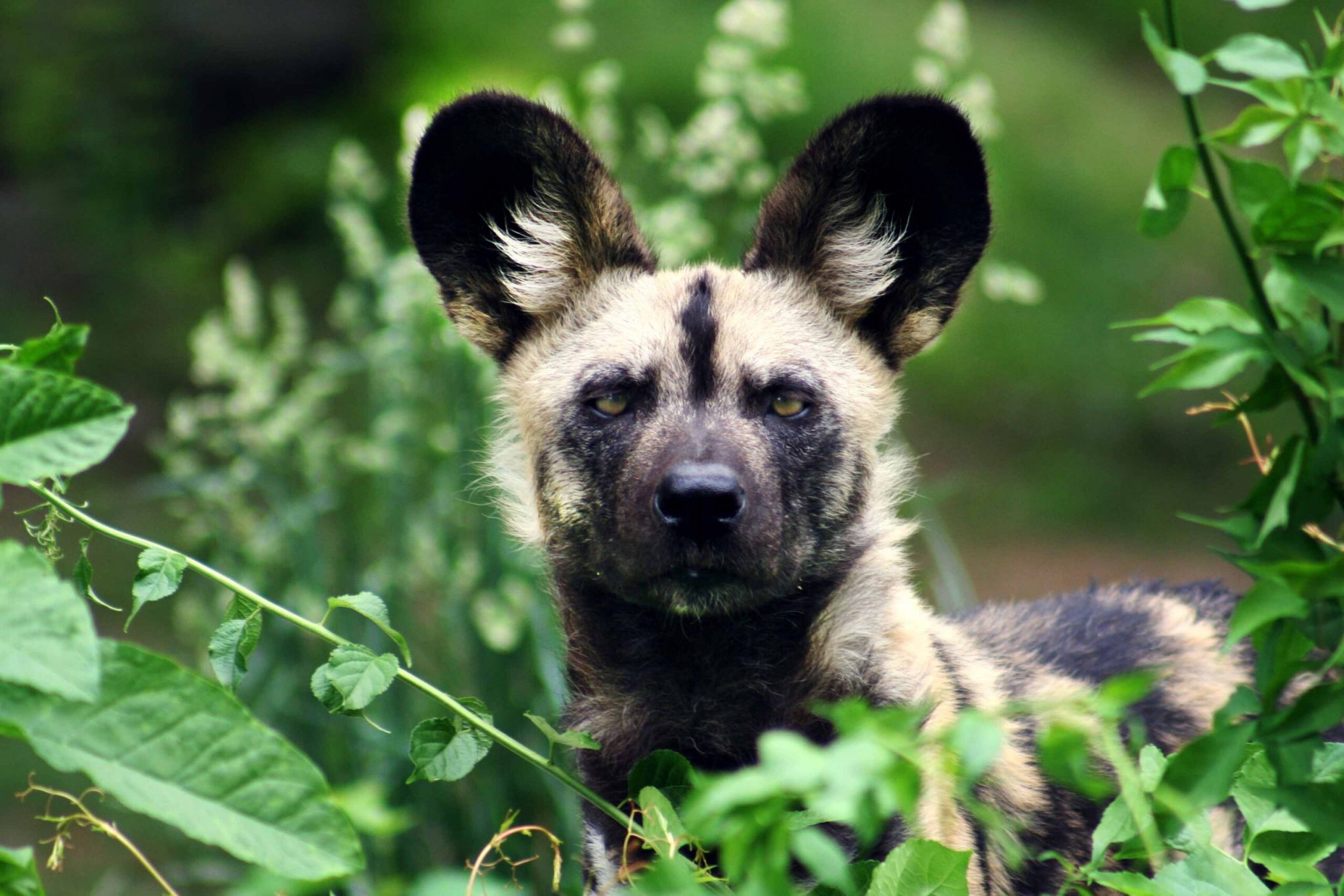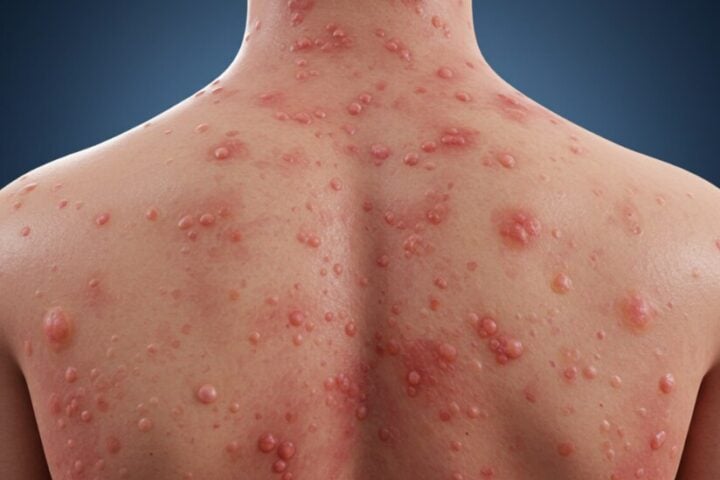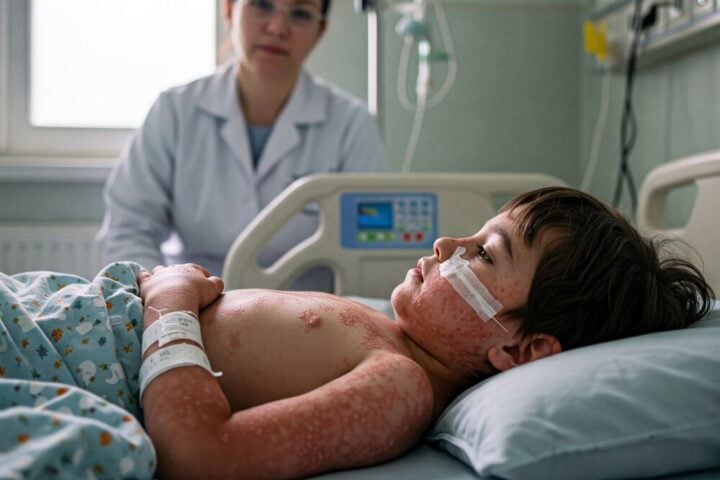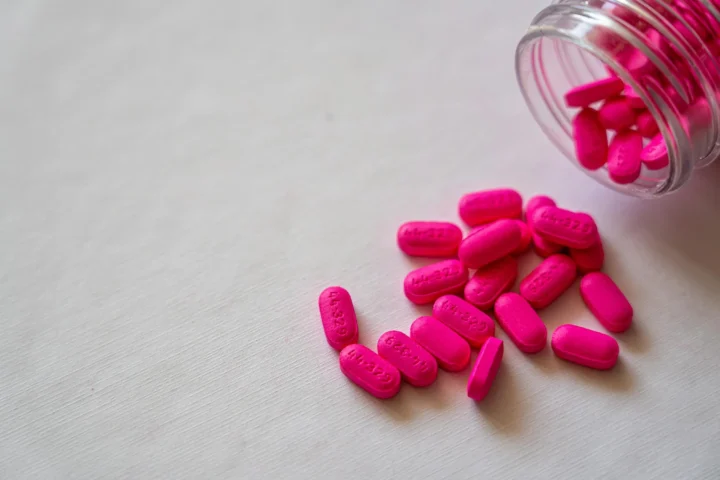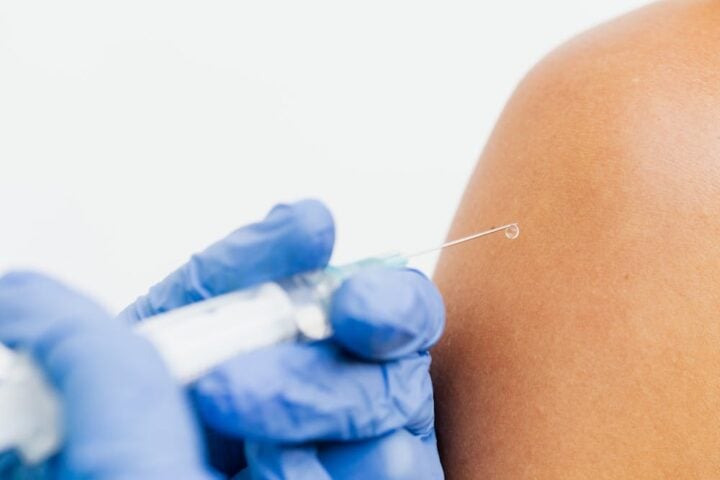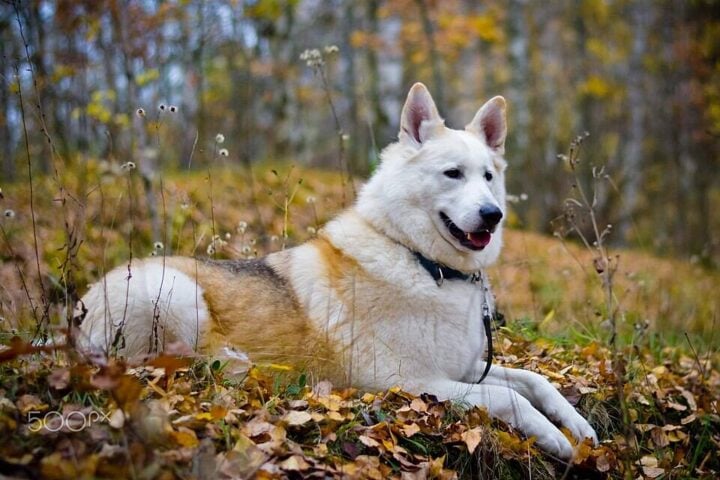Study shows that almost 80% of meat and dairy products from farm animals contain microplastics. Researchers from the Vrije Universiteit of Amsterdam have found that all 12 samples of farm animal feeds contain plastic.
According to the researchers, seven out of eight beef samples and five out of eight pork samples were observed to contain plastic particles after vigorous testing. Plastic particles were even present in 18 out of the 25 milk samples.
Maria Westerbos, the director of Plastic Soup Foundation, the non-profit marine conservation organization, said, “This study raises serious concerns about the contamination of our food chain with microplastics. It is also clear that farmers are not responsible for this. It seems that- at least part of the- former food products, including from supermarkets, are processed into livestock feed with packaging and all. This is not only detrimental to animal welfare, but perhaps also to ourselves. Most likely, almost every steak and burger contains small pieces of plastic.”
There are currently around 3.7 million cows and 11.5 million pigs are kept in the farm houses in the Netherlands. Researchers suggest that these farm animals might be exposed to plastic particles via feed, water or even air. The study has been conducted to screen samples taken from the livestock to detect presence of plastic. The sample size has been kept small in each category so that it provides a fast indication that the plastic particles are present at detectable concentrations in the feeds. The samples are taken from blood, milk, meat and livestock feed pellets.
Researchers identified plastic particles entering into the body of the animals via ingestion of feed pellets and water. Presence of plastic particles in the blood and milk of the animals indicates an internal exposure in which the microscopic particles are absorbed across the biological membrane.
According to the source, in 2021 an American worker was fired for posting a video on how plastic waste can get into the feed of farm animals. According to Dr. Heather Leslie, the Eco-toxicologist who is also co-author of the study, “Animals are capable of absorbing at least some of the plastic particles they are exposed to in their habitat. This study should encourage further investigation into the full extent of exposure and any associated risks. Producing plastic-free feed for animals may be one way to improve exposure to plastic particles for livestock.”
The European Animal Nutrition Regulation 767/2009 prohibits the addition of packaging and parts of packaging in the feed of farm animals. Plastic Soup Foundation reveals some worrisome data regarding the plastic pollution within the livestock system consuming of which could lead to similar plastic pollution in humans. The study says that some milk and meat products contain plastic and it should go through a thorough investigation before being ingested by humans. Internal exposure to microplastic even in low concentration could evoke a certain amount of risk factors in humans. However, the study didn’t release any toxicology data thus the researchers want to further explore the field in search of possible answers.


